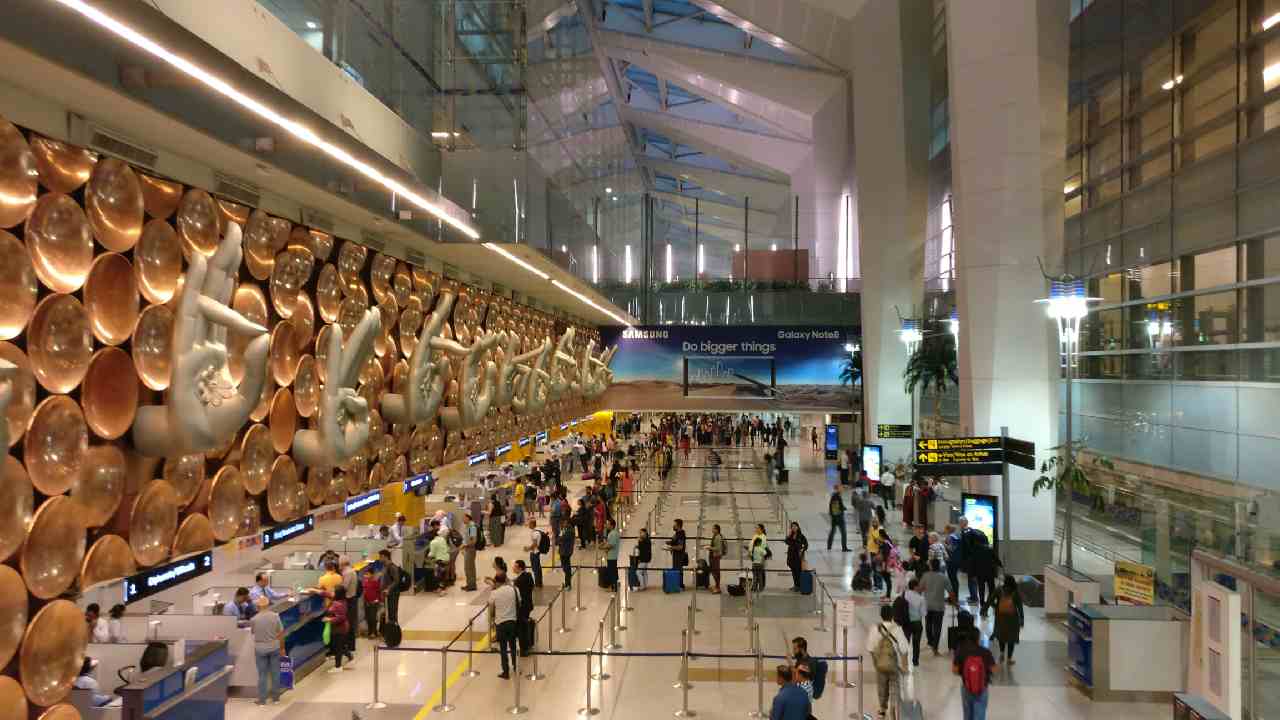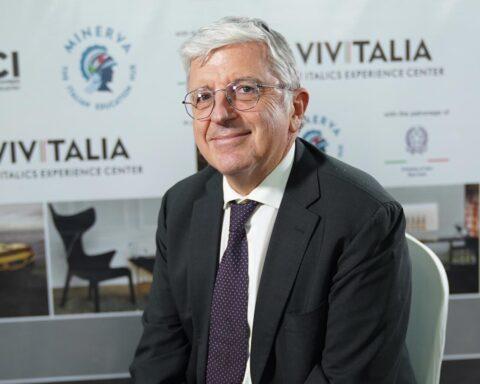Indira Gandhi International (IGI) airport in Delhi has shifted to hydro and solar power for its energy needs from June 1, becoming the country’s first airport to run entirely on green energy, said the airport operator, Delhi International Airport Limited (DIAL) on June 22.
In 2015, Kerala’s Cochin International Airport became the first airport run by renewable energy, powered by solar energy only.
DIAL said the airport is using a combination of hydro and solar power, with a major percentage, i.e. 94 per cent, of energy needs addressed by hydropower. The rest of 6 per cent comes from on-site solar power plants. The shift to green energy is part of the airport’s goal to become a Net Zero Carbon Emissions Airport by 2030, added the airport operating company.
“The solar plants are on the airside and roofs of the cargo terminals of the IGI airport. For hydropower, DIAL has signed a long-term power purchase agreement (PPA) with a Himachal Pradesh-based hydropower producing company for the supply of hydroelectricity to the airport until 2036,” said a DIAL spokesperson.
The Delhi airport has a 7.84 MW solar power plant on the airside. It added another 5.3 MW rooftop solar power plant at the cargo terminal recently as part of stakeholder collaboration, said news reports.
The DIAL said the transition to renewable energy is expected to help the airport in reducing energy emissions by 2 lakh tonnes of carbon dioxide annually.
In other green initiatives, the DIAL has adopted green buildings and electric vehicles, improving operational efficiency to reduce emissions and management of greenhouse gases (GHG) as part of the Airport Council International’s (ACI) Airport Carbon Accreditation.
In 2019, DIAL introduced TaxiBots – a vehicle that allows aircraft in taxiing without requiring them to turn on their engines, to reduce carbon emissions.
In 2020, the Delhi airport became the first in the Asia Pacific to achieve Level 4+ under ACI’s airport carbon accreditation programme.
This year, on June 5, on the occasion of World Environment Day, the operator shared its plans of adding 62 electric vehicles to its fleet of vehicles in the next three to four months, thus phasing out all its diesel and petrol vehicles.




























